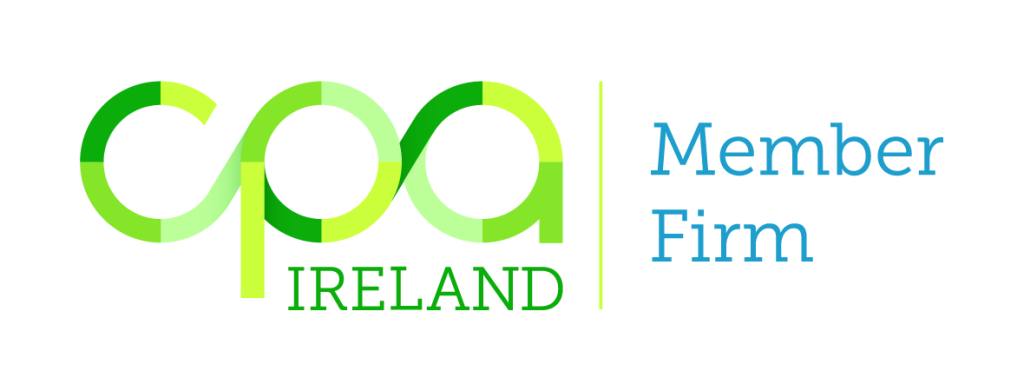Introduction:
For small and medium-sized enterprises (SMEs) in Ireland, effective tax planning is more than just a financial strategy – it’s a critical component of business success. Proper tax planning can help SMEs reduce their tax liability, free up capital for growth, and ensure compliance with Irish tax laws. In this comprehensive guide, we’ll explore actionable advice and key strategies for SMEs to navigate the complex world of tax planning in Ireland while optimizing their financial position.
Understanding the Basics:
Before delving into specific strategies, it’s essential to have a solid grasp of the tax landscape in Ireland:
- Corporate Tax Rate: In Ireland, the standard corporate tax rate is 12.5%, one of the lowest in the European Union. However, tax planning is still crucial due to the complex nature of the tax code.
- Tax Year: The Irish tax year runs from January 1st to December 31st. Businesses are required to file their annual tax return within nine months of the end of their accounting period.
- VAT (Value Added Tax): Ireland has a VAT system with several different rates and rules, making it important for SMEs to manage VAT effectively.
Tax-Saving Strategies:
Now, let’s explore some key tax-saving strategies for SMEs:
- Claiming Business Expenses: Ensure you are claiming all legitimate business expenses. Keep meticulous records of expenses, including receipts and invoices, to maximize deductions.
- R&D Tax Credits: Irish SMEs can benefit from Research and Development (R&D) tax credits. These credits can significantly reduce your tax liability if your business is engaged in qualifying R&D activities.
- Employment Incentives: Explore tax incentives related to employment, such as the Employment and Investment Incentive (EII) scheme, which encourages investment in certain SMEs.
- Capital Allowances: Take advantage of capital allowances, which allow you to deduct the cost of certain capital assets from your taxable profits over time.
- VAT Refund Scheme: If your business is eligible, consider joining the VAT refund scheme for certain sectors, such as tourism or construction, which can provide a refund of VAT on certain expenses.
- Annual Investment Allowance (AIA): The AIA allows SMEs to claim a 100% allowance on qualifying plant and machinery investments. Use this to your advantage when making capital investments.
Compliance and Record Keeping:
Staying compliant with Irish tax laws is paramount for SMEs. This includes:
- Timely Filing: Ensure that your tax returns and payments are submitted on time to avoid penalties.
- Accurate Record Keeping: Maintain comprehensive records of all financial transactions, income, and expenses to support your tax filings.
- Engage Professional Advice: Consider working with qualified accountants or tax consultants who specialize in Irish tax laws. Their expertise can help you navigate complexities and ensure compliance.
Conclusion:
Effective tax planning is a cornerstone of financial success for SMEs in Ireland. By implementing the strategies outlined in this comprehensive guide, SMEs can reduce their tax liability, leverage available credits and deductions, and ensure compliance with Irish tax laws.
Remember, tax planning is not a one-size-fits-all approach. It should be tailored to your specific business needs and goals. As tax laws can change, staying informed and seeking professional advice from accountants like the team at Coffey&Co, when necessary is essential for long-term financial health and success in the competitive SME landscape.





